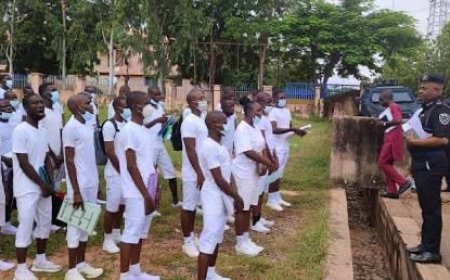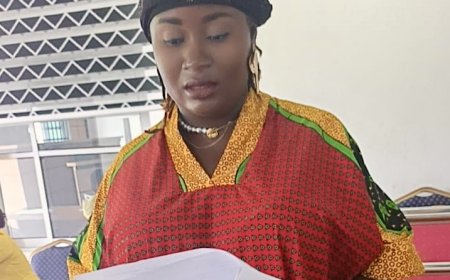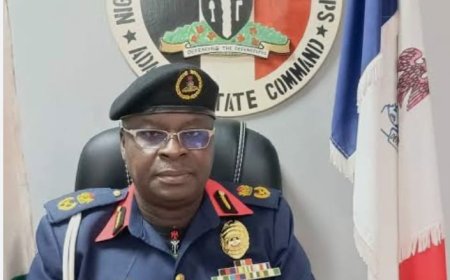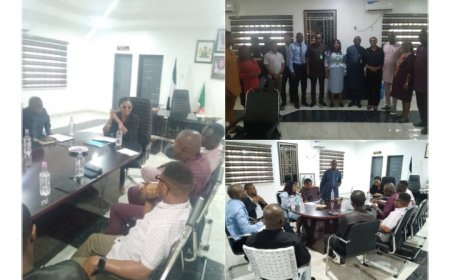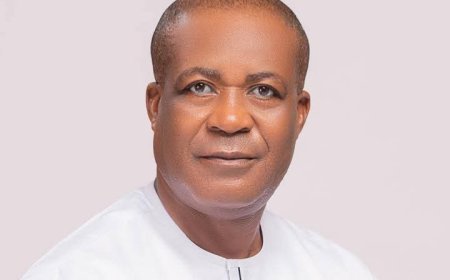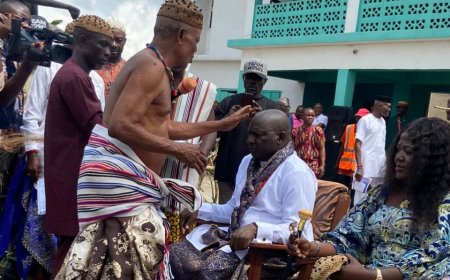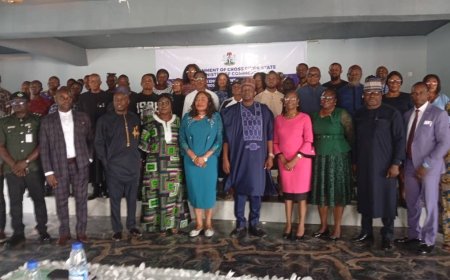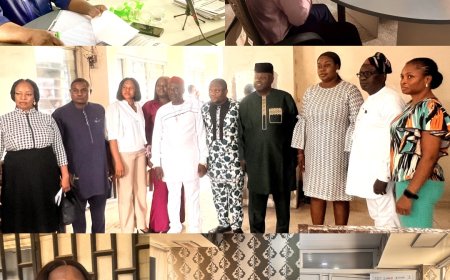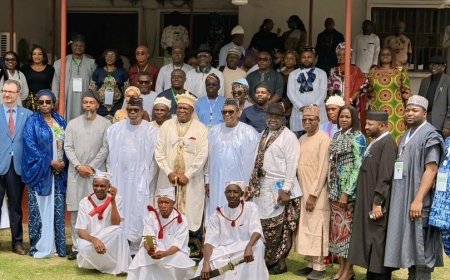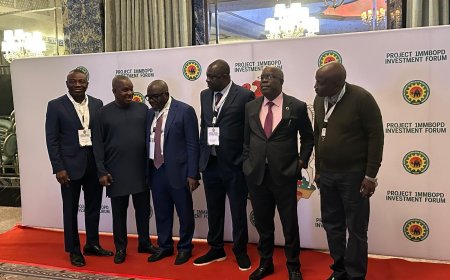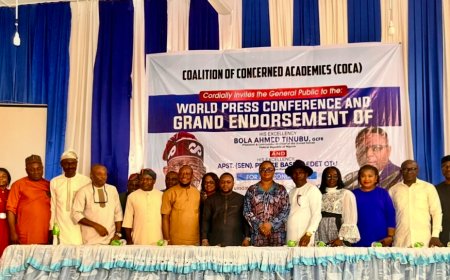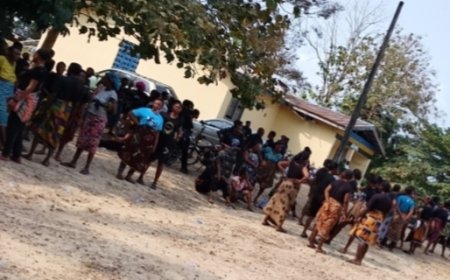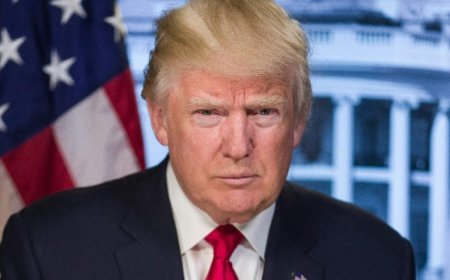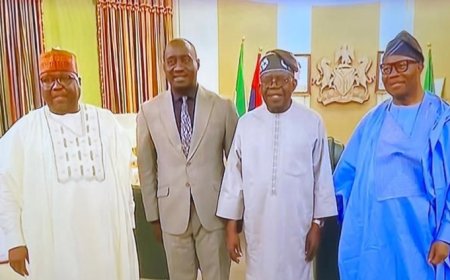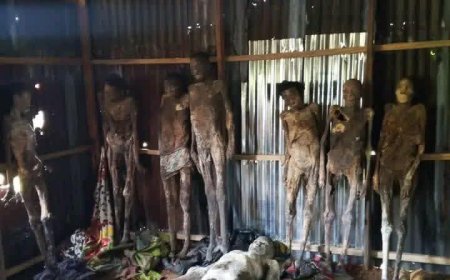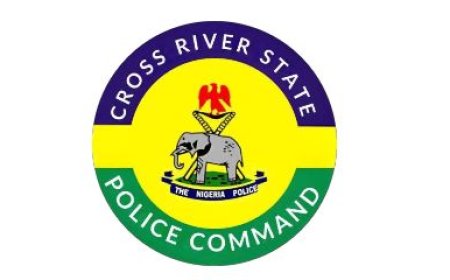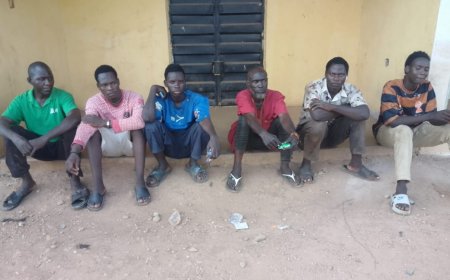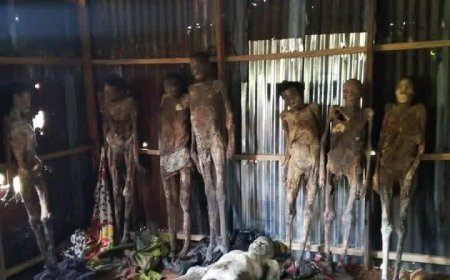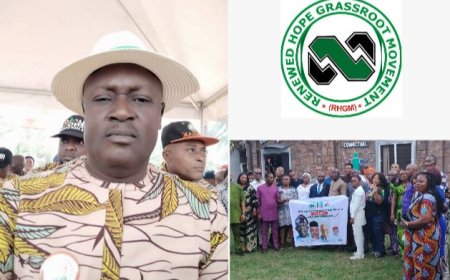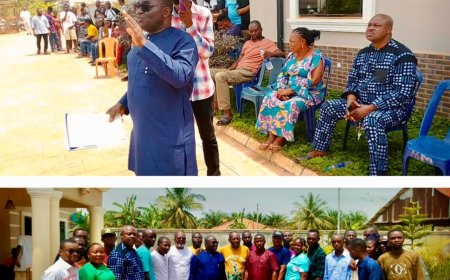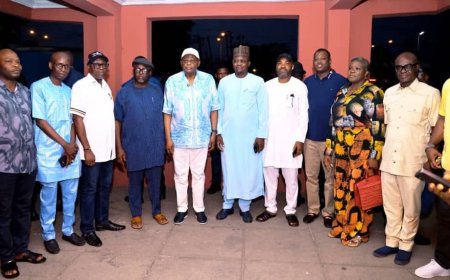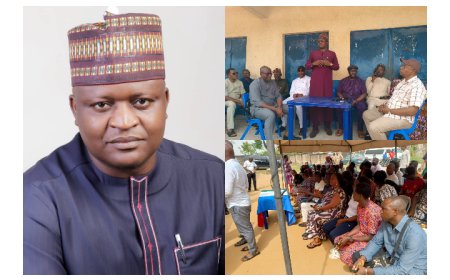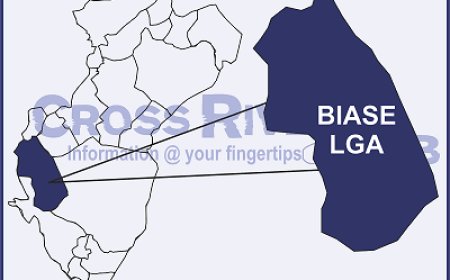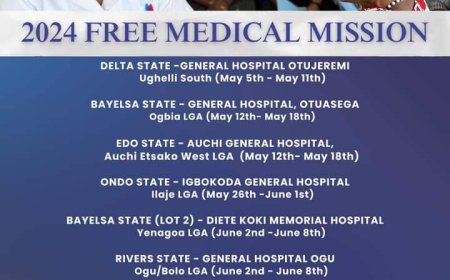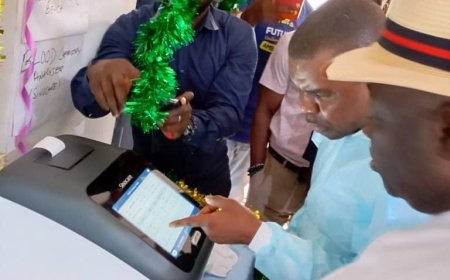Don Attributes Efik Prominence to European Maritime Connections
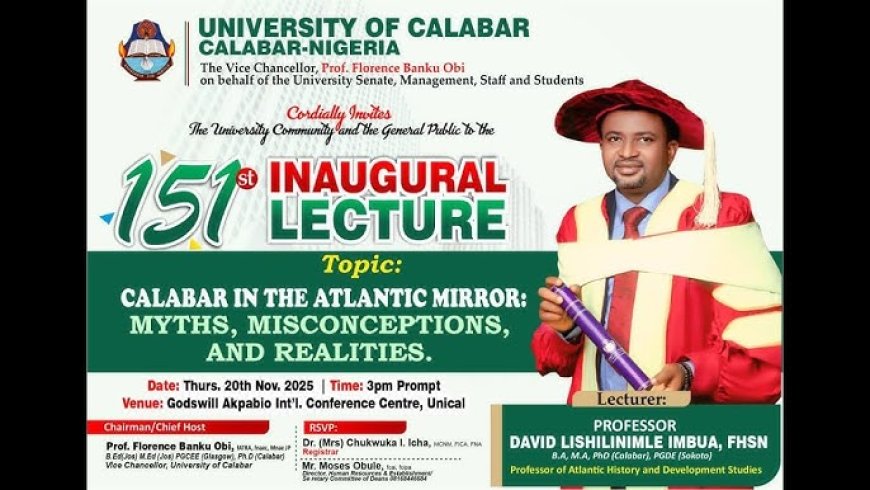
The 151st Inaugural lecturer of the University of Calabar( Unical), Prof. David Lishilinimle Imbua has attributed the rise of the Efik people of Calabar, Cross River State, to prominence and prosperity to their sustained interaction with diverse European interests through maritime connections.
He stated this at the Godswill Akpabio International Conference Centre, Unical, while delivering the institution's inaugural lecture on the topic, " Calabar in the Atlantic Mirror: Myths, Misconceptions, And Realities".
The Don said this historical engagement with European traders and explorers laid the foundation for the Efik’s enduring economic and cultural influence in the region, making their story a compelling example of how strategic engagement can shape a community’s destiny.
While chronicling the history of the 'Efiks', he opined that the Atlantic economy magnified Calabar's profile in the affairs of the then Southeastern Nigeria, and indeed the wider Bight of Biafra and it's hinterland, from the 17th to the 19th century.
The Inaugural lecturer said the Efik of Calabar also attained an elevated stature in the then Southeastern Nigerian affairs during the precolonial period, particularly with the rise of the transatlantic trade, which he said, enabled them to overshadow and eclipse their hinterland neighbors.
Imbua, a Professor of Atlantic and Development Studies said in Calabar, the forces of international trade, Christianity, education, and colonialism converged through Atlantic channels and reshaped not just Calabar town itself but also its hinterland.
Prof. Imbua said interacting with European Merchants who enriched themselves from the Atlantic system, Calabar became a 'nursery bed of western culture', and , to a considerable degree, was ' anglicized
He said over time, Efik notables became vital intermediaries in the transatlantic slave trade, facilitating commerce between Europeans and the people of the hinterland.
Continuing down the historical road, the Don emphasized that the trans‑Atlantic slave trade forged the first economic link that drew the Europeans to the Efiks.
Prof. Imbua noted that this very trade catapulted several figures from old Calabar out of obscurity, turning them into prominent middlemen in the Atlantic slave trade.
He averred that the destiny of the Efik people of Calabar was shaped, tested, blessed and refined by the tides of history, adding that, Calabar emerged not as a passive theatre of European ambition but as an active participant in the making of modernity.
The Inaugural lecturer called on the Calabar people to vehemently reject narratives that portray them as mere speculators in the drama of their own existence.
He said figures such as King Eyo Honesty II, whom he described as a visionary monarch, modernizer and true history -maker deserve their rightful place in our collective history, saying , " to restore these legacies is to restore balance and truth to history itself".
The Vice‑Chancellor of the Unical, Prof. Florence Obi, in her remarks, praised the inaugural lecturer for delivering a “thought‑provoking and meticulously researched” lecture.
Represented by the Deputy Vice Chancellor Research , Linkages and Collaboration, Prof. Peter Okafor she said the inaugural lecturer's presentation not only highlighted the rich heritage of the Efik people but also demonstrated how scholarly work can illuminate our understanding of history.
The Vice Chancellor commended Prof. Imbua for bringing this vital piece of our past into the national conversation and urged scholars and policymakers to draw lessons from the Efik experience.
Highpoint of the well- attended lecture was the presentation of a memento to the Inaugural lecturer by the Deputy Vice Chancellor Research , Linkages and Collaboration on behalf of the Vice Chancellor.

